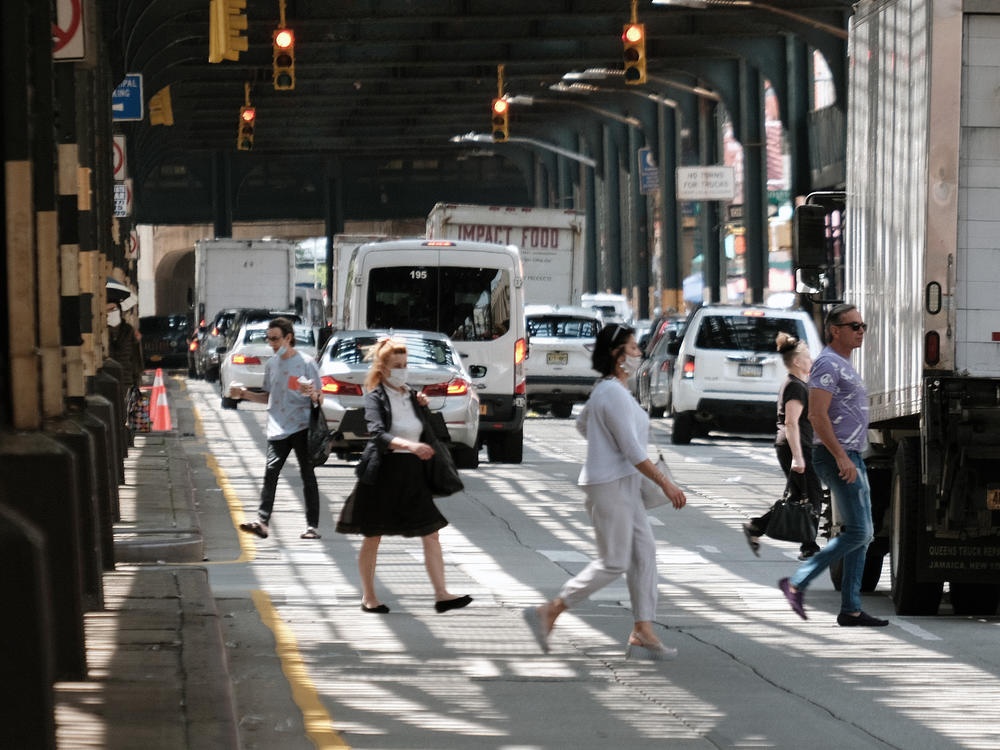Section Branding
Header Content
Are You A COVID Long Hauler? Send Us Your Questions About Living With Chronic Illness
Primary Content
In some people, COVID-19 symptoms can linger for months after they've recovered from the worst of the illness, even after they've tested negative for the coronavirus. The National Institutes of Health refer to these long-term symptoms as post-acute sequelae of SARS-CoV-2, or PASC. More commonly, it's known as post-COVID syndrome, or simply "long COVID."
People living with this syndrome are known as "long haulers." They might experience organ damage, lung and heart issues, and neurologic problems like brain fog and fatigue. This means that thousands of people, some of whom were previously healthy, are now living with a chronic condition.
If you are a COVID-19 "long hauler," or know someone who is, please fill out the form below. We'd like to hear your questions about the practical, day-to-day reality of managing a chronic illness. Additionally, if you're already living with a chronic illness, long COVID or otherwise, we'd like to hear your tips and advice for people who are newer to this.
We are looking for people willing to share their questions, and we may contact you for an upcoming story. We will not publish or use your responses before contacting you.
Your submission will be governed by our general Terms of Use and Privacy Policy. As the Privacy Policy says, we want you to be aware that there may be circumstances in which the exemptions provided under law for journalistic activities or freedom of expression may override privacy rights you might otherwise have."
Copyright 2021 NPR. To see more, visit https://www.npr.org.

